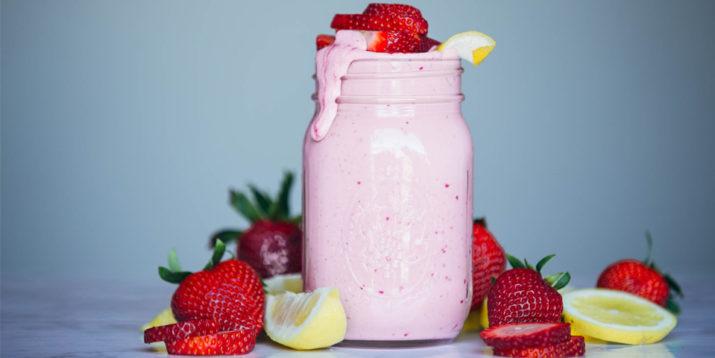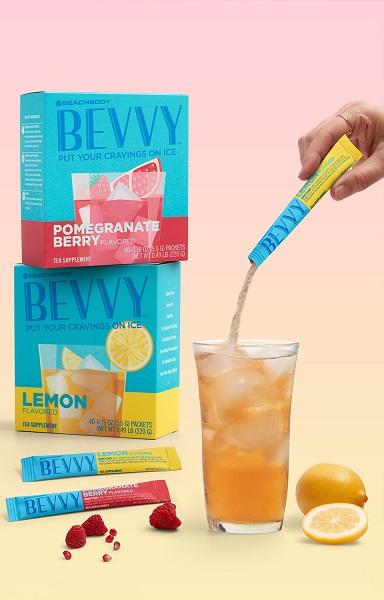How Much do You Know about Tea?
 Test Your Hot Tea IQ! How Much Do You Know About tea?
Test Your Hot Tea IQ! How Much Do You Know About tea?
By Joe Wilkes
January is National Hot Tea Month, not to be confused with National Hottie Month, which has never been declared (if only Bill Clinton had served another term). Ever since the rise of Starbucks® and other gourmet purveyors of joe, coffee’s less caffeinated cousin, tea, has been growing in popularity. And it’s not your mother’s Lipton® anymore. How much do you know about Camellia sinensis?
1. What is traditionally known as The Champagne of Teas? Darjeeling is the preferred tea of the United Kingdom and much of its former empire. It produces a lighter tea than traditional black tea, mostly because the leaves have not been allowed to oxidize as long. It comes from the Darjeeling region of India, and differs from most Indian teas in that it is made from the traditional Chinese tea leaves instead of the larger-leafed Assam leaves, which most Indian teas are made from. Like French Champagne, true Darjeeling tea can be distinguished from copycats by a seal from the Tea Board of India.
2. Which teas contain antioxidants—black, green, or white? All of the above. White tea has been found to have the most antioxidants, mostly catechins. Green tea is next, and black tea has the least, but all have quite a bit. Studies have shown that catechins can lessen the risk of stroke, heart disease, cancer, and diabetes. They’ve also shown a decrease in the aging process in mice, leading scientists to believe they may protect DNA. But here’s a bummer for dairy lovers: if you take milk in your tea, you are likely not getting the benefits of the catechins, as their absorption is blocked by the milk protein.
3. What is the common name for tea scented with bergamot oil? Earl Grey tea, which was named after former British Prime Minister Earl Grey. The bergamot orange is a citrus fruit somewhere between a lemon and an orange in flavor and shape. Bergamot oil, like grapefruit, can affect or impede certain medications. Bergamot oil in sufficient quantities (like a gallon or two of Earl Grey tea a day) can also block potassium. Variations include Lady Grey tea with lemon and French Earl Grey with rose petals. Twinings® is the official maker of Earl Grey, as endorsed by Richard Grey, the sixth Earl Grey.
4. What is oolong tea? Oolong tea is a tea that has been oxidized less than black tea and more than green tea, kind of the half-and-half of teas. The oolong leaves are often rolled into balls as gunpowder tea, so named because the British remarked on its resemblance to ammunition pellets. By being rolled into balls, the tea leaves are kept from tearing, and the oils and flavor of the tea are better preserved. This allows oolong teas to be lightly roasted over longer periods of time. The amount of roasting is what often distinguishes the types of oolong tea. The name oolong means “black dragon” in Chinese, which could refer to its color and curled shape. Another story is that a hunter named Wu Long was interrupted by a deer while picking tea leaves, and by the time he had hunted the deer, the leaves had partially oxidized. The resulting brew was named for him. Oolong tea is also theorized to contain an enzyme that helps break down unhealthy triglycerides and speed up fat metabolism.
5. What is the difference between English Breakfast and Irish Breakfast tea? Or, as they’re respectively called in England and Ireland, tea. English tea blends contain more of the traditional Keemun, or typical Chinese Camellia sinensis, in their blends and the Irish prefer more of the Assam leaf (Camellia sinensis assamica) in theirs. They’re not really worlds apart, but most find Irish tea blends to be stronger and more full-bodied. Or as my English friend Philippa said, “English is better than Irish.” Or as my Irish friend Cormac responded, “It is, of course, the other way around.” Another bit of trivia: Until the 18th century, tea and coffee were largely unavailable to the general English and Irish populations, and they had to rely on the all-time breakfast of champions, ale.





